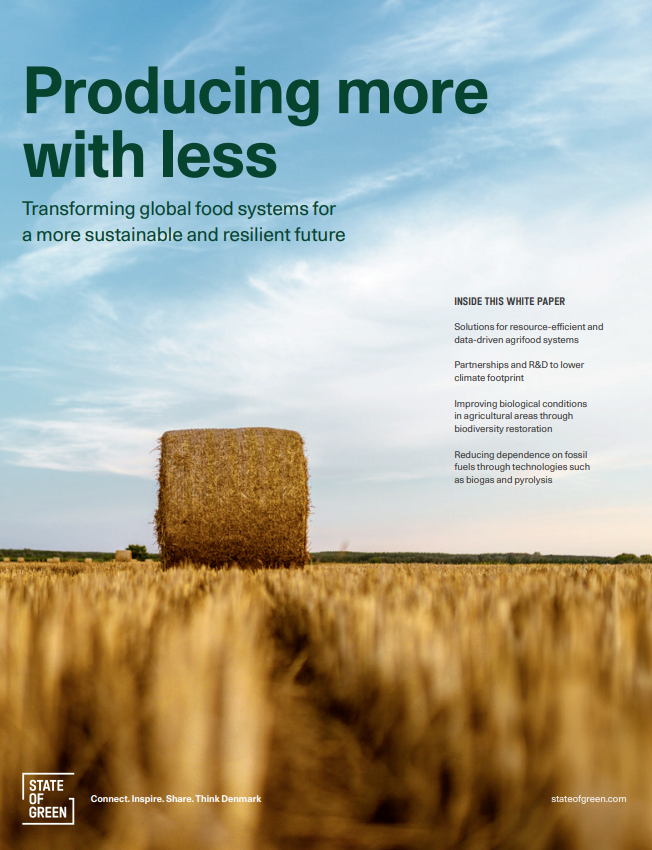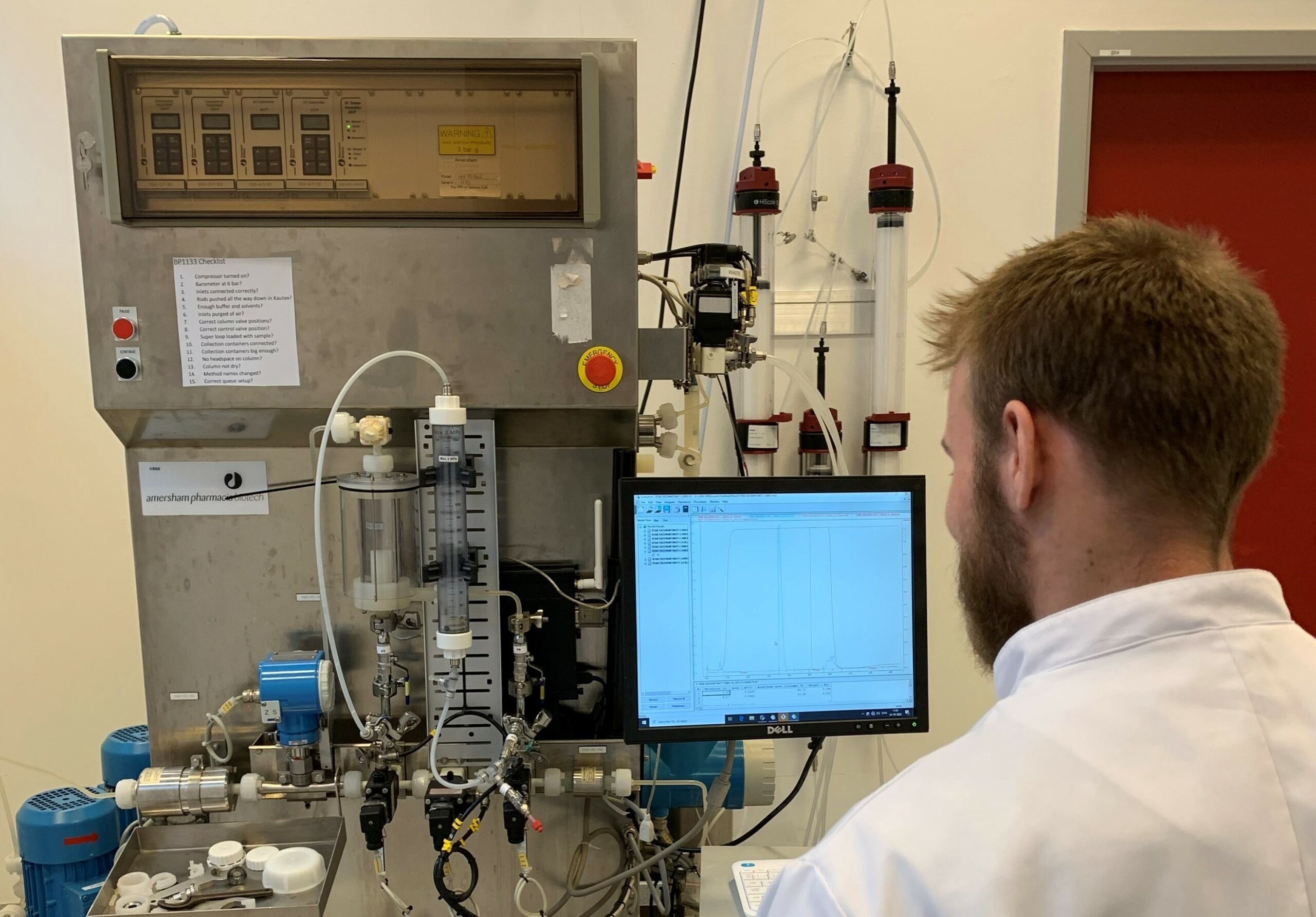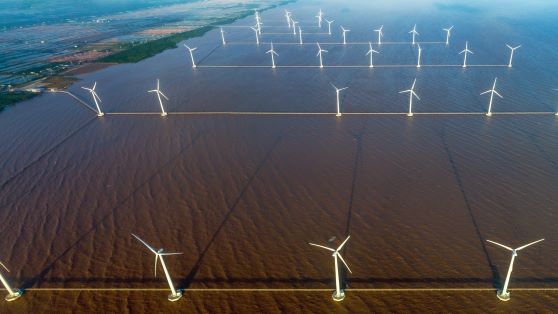News
Air pollution
Bioenergy
Biomass
+2
Danish company will remove smog in New Delhi


“It is equivalent to smoking 20 non-filter cigarettes a day”, said Martin Wittrup, who has first-hand experience with New Delhi’s smog.
Every year, New Delhi’s skies are covered with grey smog, due to farmers burning their fields – on a cloudless day, you wouldn’t be able to see the sun.
“It is truly terrible”, said Martin Wittrup, commercial director in BWSC.
From smog to fuel
According to WHO, New Delhi has air pollution levels 20 times the recommended maximum. In India, air pollution contributed to 1.24 million deaths in 2017 alone, according to a study in The Lancet.
The good news: BWSC can help New Delhi’s smog problem, by converting rice straws into energy. Instead of burning their fields, farmers can simply drop-off the unnecessary straw to boiler plants, which will use it as fuel to generate energy.
“It doesn’t get more sustainable. Farmers deliver their straw, which, in fact, is sustainable biomass, since it is a surplus recourse from food production. The boiler plant will burn it, and create energy. The ash can also be reused – farmers can come back and collect ash to use as fertilizer,”
states Wittrup, who also emphasizes that BWSC will help an Indian supplier develop the boiler plants. “Our role will be primarily design and engineering, which are also critical components”, he adds.
From Auken to India
The story of the Danish solution to New Delhi’s smog problem begins when previous Environmental Minister Svend Auken banned field burning in Denmark. Beforehand, it was always known as an effective method for clearing fields, to make room for next year’s crops.
The Danish burning ban resulted in boiler plants being developed to handle the burning, so unnecessary straw could become useful fuel.
Many years later, these Danish solutions can make a massive difference in India.
“The great thing is that we have the technology to help India establish electricity generation based on renewable energy sources, and, at the same time, get rid of one of their big air pollution problems,” says Martin Wittrup from BWSC.
Huge opportunity in India
However, it has not been easy to get a foothold in the Indian market. Decision-makers in India wish to see that the product works, before committing to major investments. It has taken several years to process.
Because the Indian market is not easy to maneuverer, BWSC was pleased to use the Confederation of Danish Industry (DI)’s office in India.
“We would never have established ourselves in India if DI had not been able to help us. It has been a great collaboration these past couple of years,” says Martin Wittrup.
You should consider reading
publications
Resource efficient production
+15















